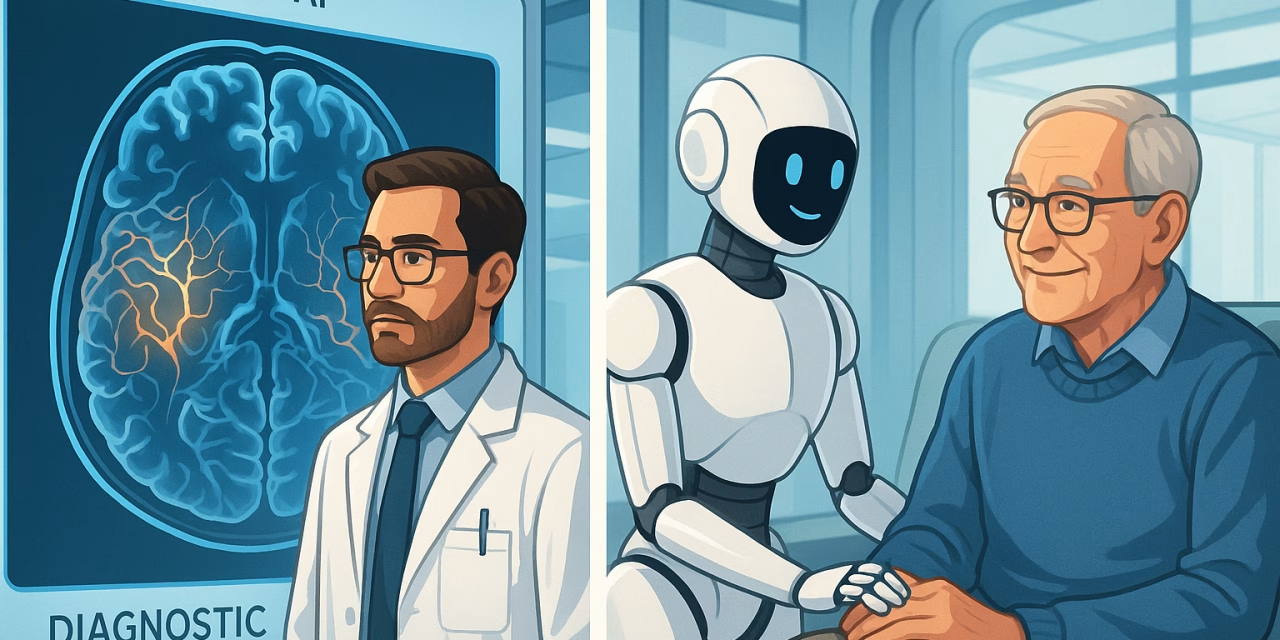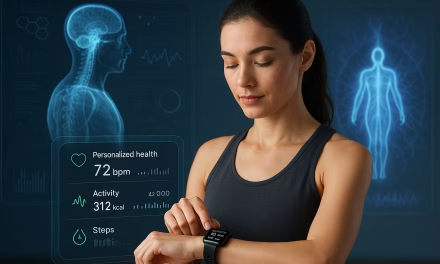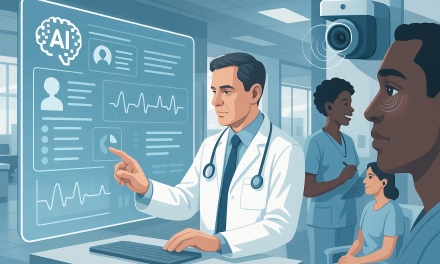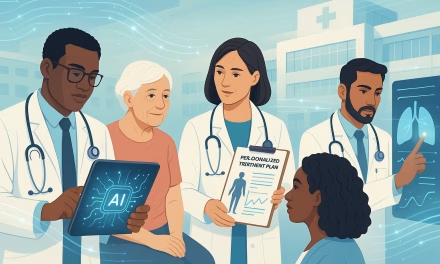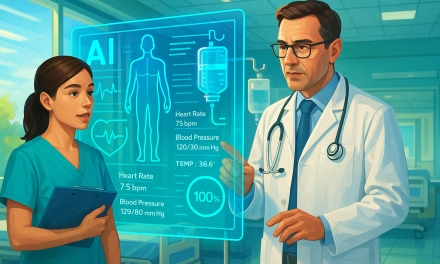July 1, 2025, marks a watershed moment for Artificial Intelligence in health and wellness, as AI transitions from merely enabling automation to serving as an autonomous partner in healthcare delivery. This shift is revolutionizing diagnostics, mental wellness support, and overall patient care.
Breakthroughs in generative AI diagnostic tools are particularly noteworthy, with studies demonstrating their capabilities to outperform traditional radiologists in certain applications. This means faster, more accurate, and more accessible health assessments, fundamentally changing disease detection and treatment planning. Wearable technology is also revealing new insights, such as REM sleep patterns dropping before inflammatory bowel disease flares, showcasing AI’s role in predictive health.
Mental wellness technology is experiencing a significant rise, with AI companions becoming mainstream. Devices like ElliQ are providing conversation, caregiving assistance, and friendship, particularly for older adults seeking greater independence and reduced loneliness. This highlights AI’s ability to address not just physical but also emotional and social aspects of well-being.
Leading AI health apps, including Ada Health, Babylon Health, Biofourmis, Woebot, PathAI, Fitbit Premium, and Medisafe, continue to revolutionize personal and clinical care through enhanced diagnostics, treatment monitoring, and wellness solutions. The healthcare industry is witnessing AI’s deeper embedding into its core, accelerating drug development, enhancing early disease detection, and supporting clinicians in delivering more precise and proactive care.
The developments on July 1, 2025, collectively underscore AI’s transformative power in health and wellness. By acting as an autonomous partner, AI is not only improving clinical outcomes but also empowering patients and enhancing the human experience of care, paving the way for a truly intelligent and compassionate healthcare future.

